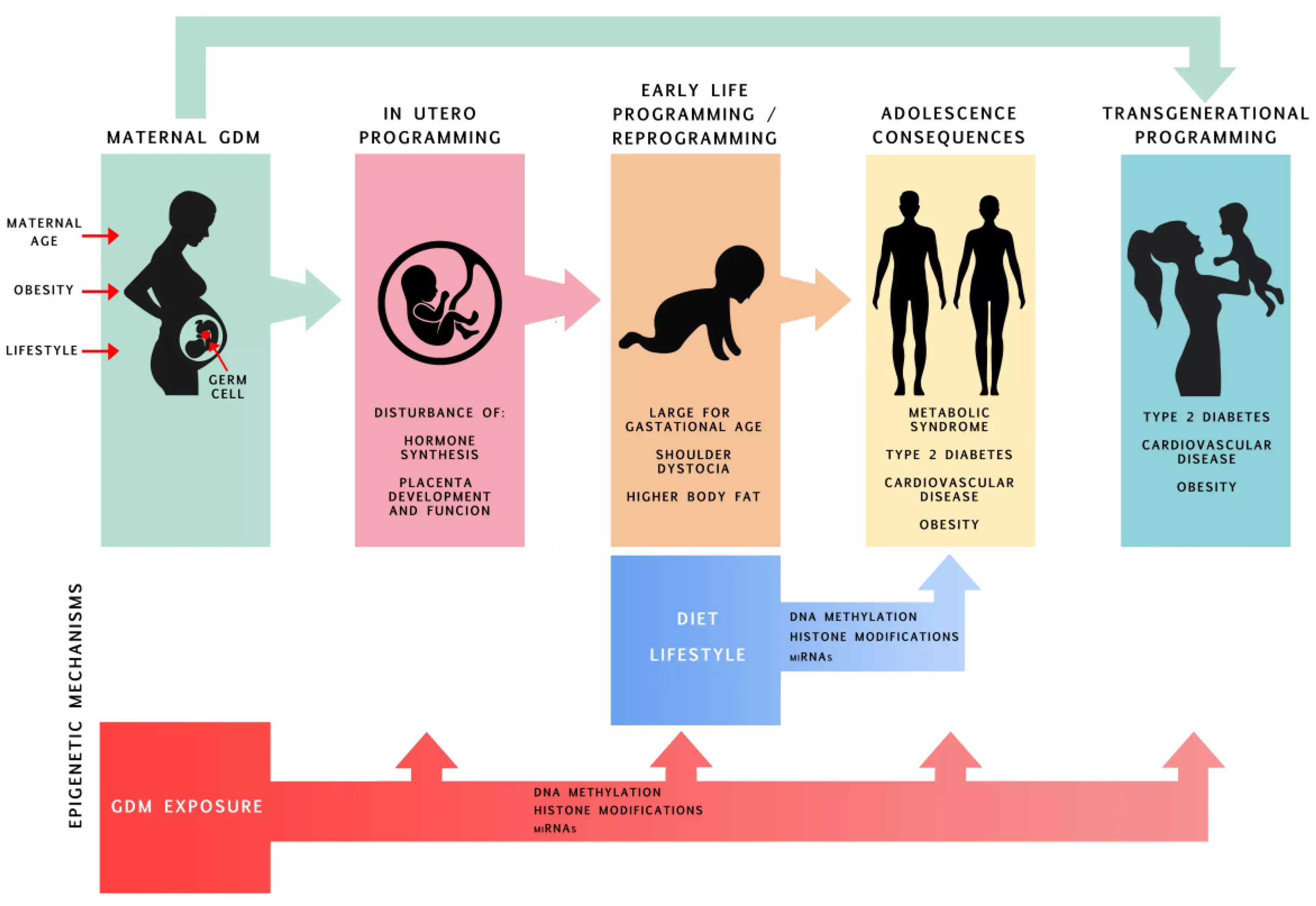- Home
- Medical news & Guidelines
- Anesthesiology
- Cardiology and CTVS
- Critical Care
- Dentistry
- Dermatology
- Diabetes and Endocrinology
- ENT
- Gastroenterology
- Medicine
- Nephrology
- Neurology
- Obstretics-Gynaecology
- Oncology
- Ophthalmology
- Orthopaedics
- Pediatrics-Neonatology
- Psychiatry
- Pulmonology
- Radiology
- Surgery
- Urology
- Laboratory Medicine
- Diet
- Nursing
- Paramedical
- Physiotherapy
- Health news
- Fact Check
- Bone Health Fact Check
- Brain Health Fact Check
- Cancer Related Fact Check
- Child Care Fact Check
- Dental and oral health fact check
- Diabetes and metabolic health fact check
- Diet and Nutrition Fact Check
- Eye and ENT Care Fact Check
- Fitness fact check
- Gut health fact check
- Heart health fact check
- Kidney health fact check
- Medical education fact check
- Men's health fact check
- Respiratory fact check
- Skin and hair care fact check
- Vaccine and Immunization fact check
- Women's health fact check
- AYUSH
- State News
- Andaman and Nicobar Islands
- Andhra Pradesh
- Arunachal Pradesh
- Assam
- Bihar
- Chandigarh
- Chattisgarh
- Dadra and Nagar Haveli
- Daman and Diu
- Delhi
- Goa
- Gujarat
- Haryana
- Himachal Pradesh
- Jammu & Kashmir
- Jharkhand
- Karnataka
- Kerala
- Ladakh
- Lakshadweep
- Madhya Pradesh
- Maharashtra
- Manipur
- Meghalaya
- Mizoram
- Nagaland
- Odisha
- Puducherry
- Punjab
- Rajasthan
- Sikkim
- Tamil Nadu
- Telangana
- Tripura
- Uttar Pradesh
- Uttrakhand
- West Bengal
- Medical Education
- Industry
Offsprings born to women with HDP and gestational diabetes at increased risk of CVH in early adolescence: Study

Offsprings born to women with HDP and gestational diabetes at increased risk of CVH in early adolescence suggests a study published in the American Journal of Obstetrics and Gynecology.
Adverse pregnancy outcomes, including hypertensive disorders of pregnancy (HDP) and gestational diabetes mellitus (GDM), influence maternal cardiovascular heath (CVH) long after pregnancy, but their relationship to offspring CVH following in utero exposure remains uncertain. This analysis used data from the prospective Hyperglycemia and Adverse Pregnancy Outcome (HAPO) Study from 2000 to 2006 and the HAPO Follow-Up Study from 2013 to 2016. This analysis included 3,317 mother-child dyads from 10 field centers, comprising 70.8% of HAPO Follow-Up Study participants. Those with pregestational diabetes and chronic hypertension were excluded. The exposures were having any HDP or GDM compared with not having HDP or GDM, respectively (reference). The outcome was offspring CVH at ages 10 to 14 years, based on four metrics: body mass index, blood pressure, total cholesterol level, and glucose level. Each metric was categorized as ideal, intermediate, or poor using a framework provided by the American Heart Association. The outcome was primarily defined as having at least one CVH metric that was non-ideal versus all ideal (reference), and secondarily as the number of non-ideal CVH metrics: at least one intermediate metric, one poor metric, or at least two poor metrics versus all ideal (reference). Modified Poisson regression with robust error variance was used and adjusted for covariates at pregnancy enrollment, including field center, parity, age, gestational age, alcohol or tobacco use, child's assigned sex at birth, and child's age at follow-up. RESULTS: Among 3,317 maternal-child dyads, the median (IQR) ages were 30.4 (25.6, 33.9) years for pregnant individuals and 11.6 (10.9, 12.3) years for children. During pregnancy, 10.4% of individuals developed HDP and 14.6% developed GDM. At follow-up, 55.5% of offspring had at least one non-ideal CVH metric. In adjusted models, having HDP (aRR 1.14; 95% CI 1.04, 1.25) or having GDM (aRR 1.10; 95% CI 1.02, 1.19) was associated with greater risk that offspring developed less-than-ideal CVH at ages 10 to 14 years. The above associations strengthened in magnitude as the severity of adverse CVH metrics increased (i.e., with the outcome measured as >1 intermediate, 1 poor, and >2 poor adverse metrics), albeit the only statistically significant association was with the "1-poor-metric" exposure. In this multi-national prospective cohort, pregnant individuals who experienced either HDP and GDM were at significantly increased risk of having offspring with worse CVH in early adolescence. Reducing adverse pregnancy outcomes and increasing surveillance with targeted interventions after an adverse pregnancy outcome should be studied as potential avenues to enhance long-term cardiovascular health in the offspring exposed in utero.
Reference:
Venkatesh, Kartik K., et al. "Impact of Hypertensive Disorders of Pregnancy and Gestational Diabetes Mellitus On Offspring Cardiovascular Health in Early Adolescence." American Journal of Obstetrics and Gynecology, 2024.
Keywords:
Offsprings born, women, HDP, gestational diabetes, increased risk, CVH, early adolescence, study, American Journal of Obstetrics and Gynecology
Dr. Shravani Dali has completed her BDS from Pravara institute of medical sciences, loni. Following which she extensively worked in the healthcare sector for 2+ years. She has been actively involved in writing blogs in field of health and wellness. Currently she is pursuing her Masters of public health-health administration from Tata institute of social sciences. She can be contacted at editorial@medicaldialogues.in.


